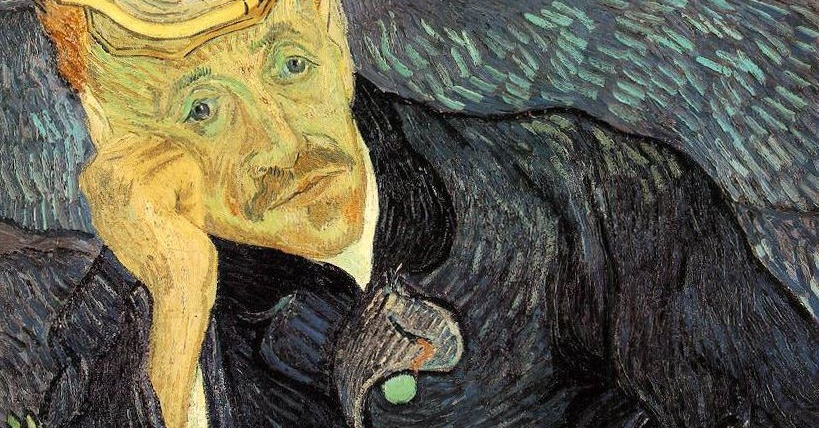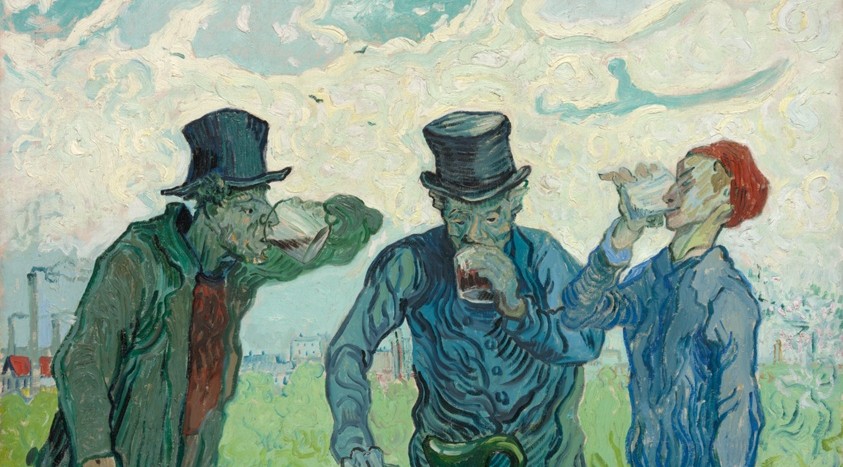
Has Oregon’s Policy of Decriminalizing Psychoactive Substances Failed?
BY
Institute for Liberal Studies / October 17, 2024
As of September 1, 2024, the part of an Oregon law that allowed possession of small amounts of psychoactive substances for personal use only under penalty of a misdemeanor was repealed. The decriminalization, which Oregonians voted for in a referendum in 2020, was intended to reduce the social stigma of addicted individuals, reduce overdose deaths, and ease users’ pathways to rehab.










